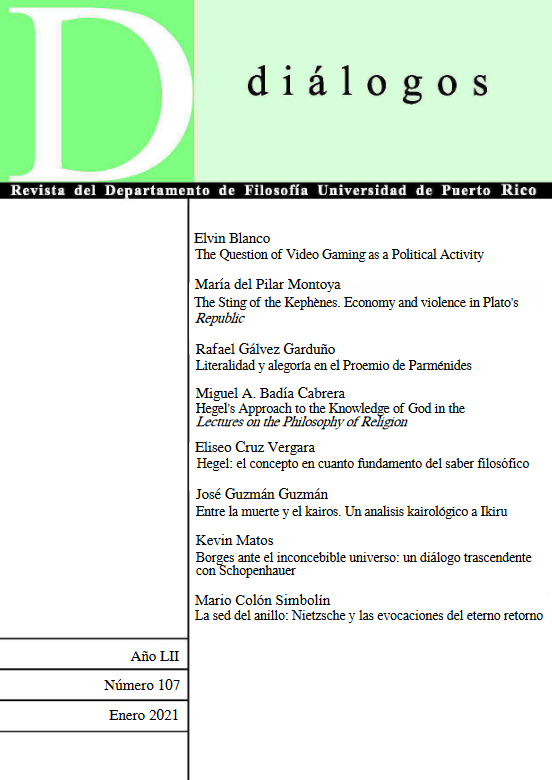Abstract
With the Lectures on the Philosophy of ReligionHegel arguably becomes not just a forerunner, but the founder of contemporary philosophy of religion. This is because in this work he delineates an original approach to the knowledge of God. When Hegel explicates the concept of religion as the "consciousness" (Bewusstsein) of, and especially the "occupation" (Beschäftigung) of humankind with God, he differentiates the objective view of natural theology from the doubly subjective standpoint of philosophy of religion. Whereas in the former discipline God is apprehended as an "abstract" object of thought—God as he merely is in himself—, in the latter to know God is primarily to be aware of him as a "concrete" subject that appears to the subjects that we are, for "God‘s Spirit is essentially in his community." Hegel‘s emphasis on "this intimate sphere" (dies Innerste)instantiates an outlook analogous to that of key twentieth-century thinkers who, from different philosophical traditions, assert that knowledge of God must be gathered from within.

This work is licensed under a Creative Commons Attribution-NonCommercial 4.0 International License.

